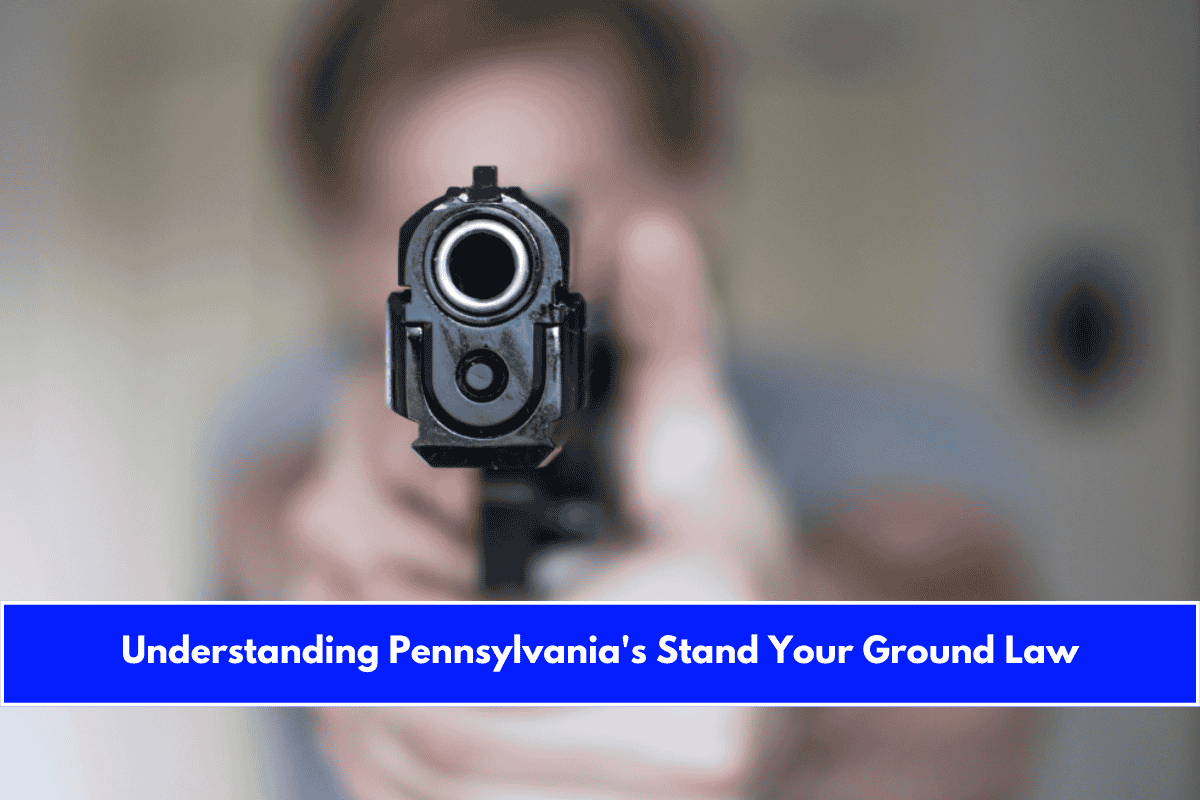Pennsylvania’s Stand Your Ground law is a critical component of the state’s self-defense framework, allowing individuals to use force, including deadly force, in specific situations without the obligation to retreat.
This doctrine, codified under 18 Pa C.S.A. § 505(b)(2.3), reflects significant updates to Pennsylvania’s self-defense laws made in 2011. Here’s an overview of how the law works and its limitations.
What Does the Law Allow?
The Stand Your Ground law permits individuals to defend themselves if they are:
- Legally Present: The individual must be in a place where they have a lawful right to be, such as their home, workplace, or public spaces.
- Facing Immediate Danger: The threat must involve imminent risk of death, serious bodily injury, kidnapping, or sexual assault.
- Proportional Use of Force: The defensive force used must match the level of threat posed. For example, deadly force is justified only if the attacker uses or threatens deadly force.
Under this law, there is no duty to retreat before using force in self-defense if these conditions are met. This contrasts with “duty-to-retreat” jurisdictions where individuals must attempt to escape danger before resorting to force.
Castle Doctrine vs. Stand Your Ground
Pennsylvania’s Stand Your Ground law expands upon the Castle Doctrine, which traditionally applies to self-defense within one’s home or vehicle.
The Castle Doctrine allows individuals to use force without retreating if an intruder unlawfully enters their dwelling or occupied vehicle. The Stand Your Ground provision extends this principle to public spaces where the individual is legally present.
Limitations and Exceptions
While the law provides robust protections, there are important restrictions:
- No Retaliation: Self-defense must be immediate and cannot be used as revenge after an attack.
- Duty to Retreat in Certain Cases: If an individual can safely retreat without using force (outside their home or workplace), they are required to do so unless facing imminent danger.
- Prohibited Scenarios:
- Self-defense cannot be claimed if the individual provoked the attack.
- Deadly force is unjustified if the attacker flees or poses no immediate threat.
- Force cannot be used against law enforcement officers performing lawful duties.
Legal Consequences and Misuse
Misinterpreting or misapplying the Stand Your Ground law can lead to serious legal consequences, including felony charges. For example:
- Using disproportionate force (e.g., responding to a fistfight with a firearm) may not qualify as self-defense.
- Pursuing an attacker after they retreat invalidates claims under this law.
The burden of proof lies with prosecutors to demonstrate that the defendant’s actions did not meet self-defense criteria.
Sources:
- https://www.snyderlawyer.com/faqs/what-is-stand-your-ground-law-pennsylvania/
- https://www.roygallowaylaw.com/what-are-self-defense-laws-in-pennsylvania/
- https://www.dicindiolaw.com/blog/pennsylvania-self-defense-laws/
- https://www.philadelphiacriminallawyers.com/how-does-pennsylvanias-stand-your-ground-law-work/
- https://www.mcandrewslegal.com/other-practice-areas/pa-self-defense-lawyer/











Leave a Reply